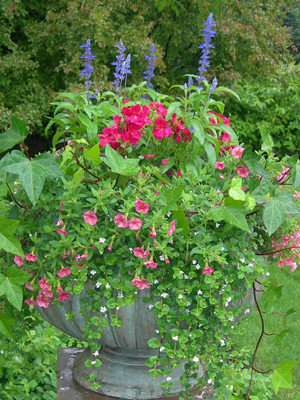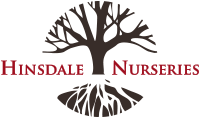Why Compost?
Research has indicated that about 80% of all plant problems are a result of poor soil. There is a direct correlation between good soil and good root production. The ideal soil is a rich, dark, crumbly loam that is at least 12 inches deep.
Unfortunately, Metropolitan Chicago soils are predominantly heavy clay and poorly drained. On-site construction compounds the problem as well as improper bed preparation or the lack thereof. The most critical time to have good soil is while plants are establishing themselves. Perennials can double or even triple in size in the first season if the beds in which they are growing are correctly prepared with sufficient organic matter.
One of the best soil amendments is compost.
Compost improves soil texture and structure and provides three main benefits:
It will increase soil porosity, allowing for percolation of air and water; it will increase water retention; and it creates a microclimate for beneficial soil organisms, including worms.
Compost can be created from anything organic in nature: grass clippings, shredded leaves, coffee grounds, non-animal kitchen scraps. Ready-to-use compost products such as peat moss, mushroom compost, soil condition (One Step), and composted cow manure can be purchased.
Hinsdale Nurseries uses compost called Soil Conditioner (One-Step). It is a blend of organic materials (southern pine bark, spent mushroom substrate, leaf mulch, hardwood fines, compost, and fertilizer).
The addition of this amendment to your planting beds is a regular practice at Hinsdale Nurseries. Our goal is to produce top-quality results and protect your investment.
In addition to soil preparation, Soil Conditioner (One Step) can be used as mulch for annual and perennial beds, groundcovers, and landscape beds. A layer of 2–3 inches is recommended initially; then depending on maintenance, watering, and weather severity, repeat mulch application 1–2 years apart. Remember that ensuring adequate drainage should be a part of every landscape planting.

